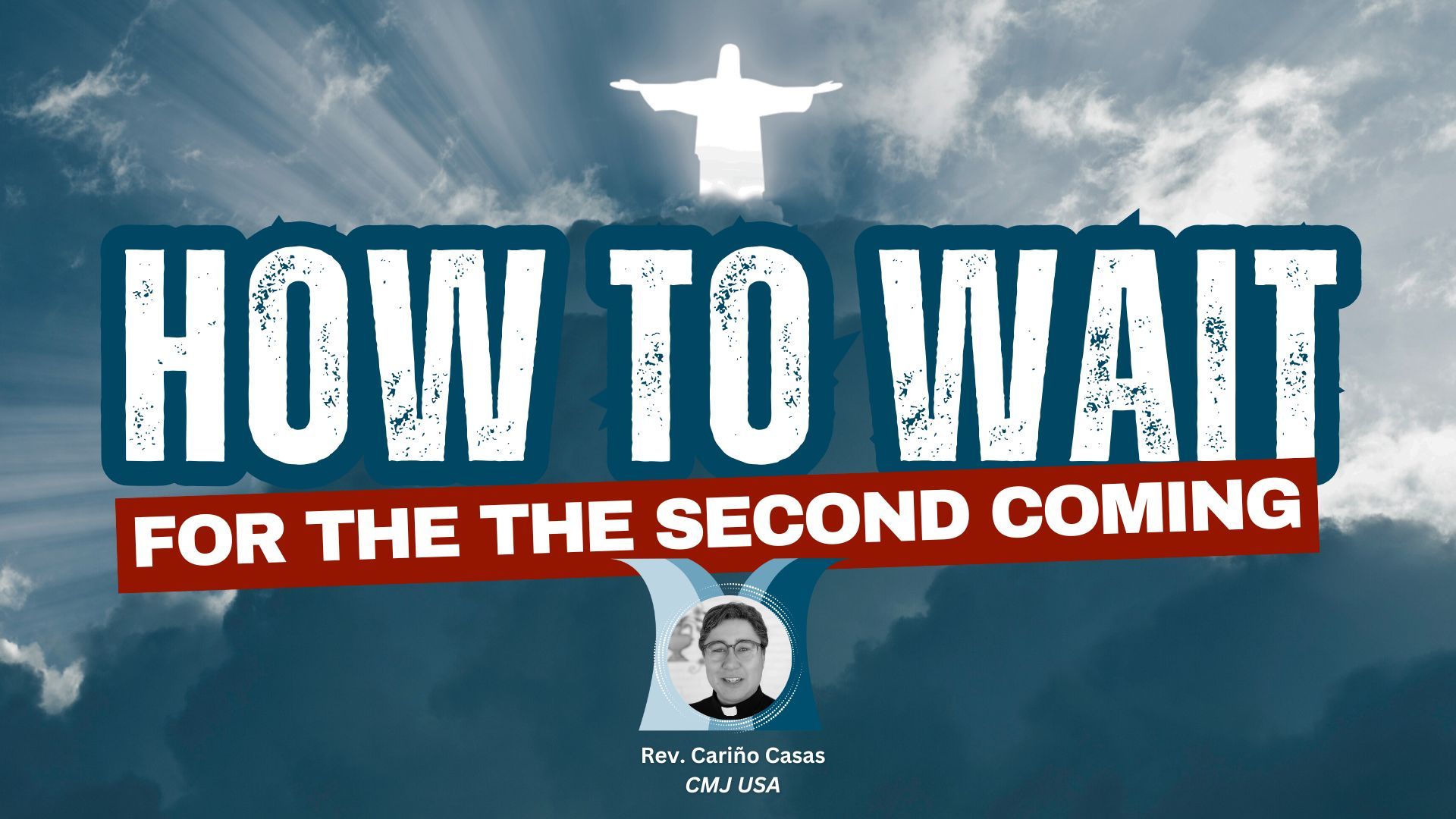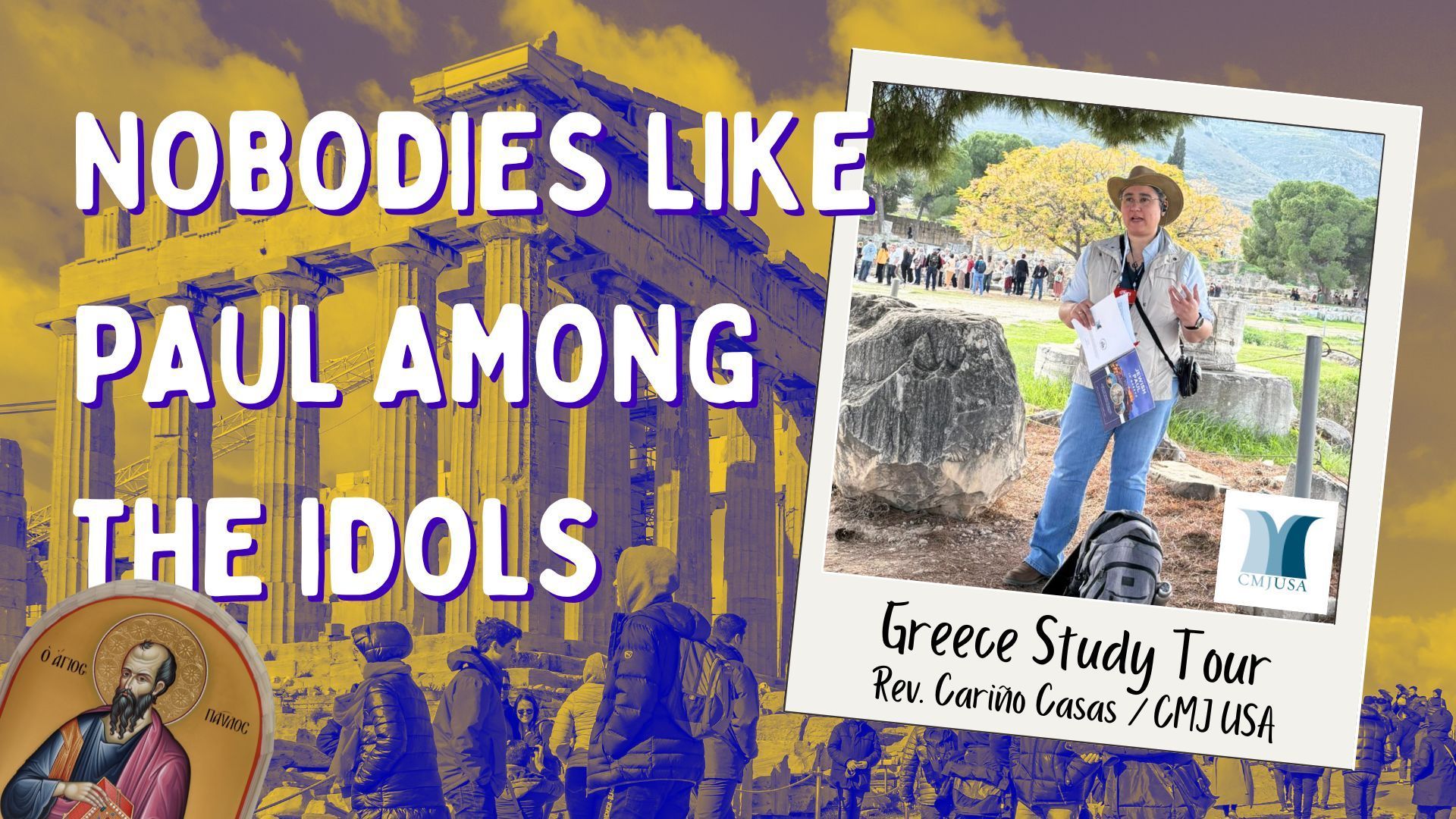Editor’s Note: Part of our occasional teaching series on how the seasons of the Christian calendar relate to Israel and Jesus the Messiah.
By Aaron Gann
CMJ USA contributor
After the long weeks of Advent, we finally came to the feast time known as Christmas, the time when we as the Church recognize the incarnation and physical birth of the Messiah – when God became flesh, born of a virgin, and dwelt among us, Immanuel (Isa 7:10-14). Debates over whether this is the actual timing of his birth aside, it is a joyous time of lights, carols, special readings, and sermons about when the Messiah came, born in Bethlehem, as a sign and fulfillment to his people Israel.
First, it ought to be noted that the Church has never been exclusively Gentile, but there has always been a Jewish presence within the Church from the days of the Apostles until this present day. For instance, the current archbishop of the Anglican Church in North America, ++Foley Beach, is of Jewish ethnicity1. Even today, particularly in the West2 and Israel3, the presence of Jewish Followers of Yeshua has grown considerably and constitutes a sizable population within the Church. However, Gentiles still outnumber their Jewish brethren by a large margin.
What is often missed though is that this does not diminish Yeshua’s messianic claims but strengthens it. Among the characteristics that the Hebrews Scriptures teach concerning the Messiah is that he would not only be a witness to Israel but he would also be a witness to the Gentiles as well and would have a large Gentile following! Consider the words of the Prophet Isaiah who said concerning the Messiah,
“It is too light a thing that you should be my servant
to raise up the tribes of Jacob
and to bring back the preserved of Israel;
I will make you as a light for the nations,
that my salvation may reach to the end of the earth.” (Isa 49:6)4.
Notice that while part of the Messiah’s mission would certainly be to Israel, this was too small a task for him. Instead, his influence would be spread throughout the entire world and would bring salvation to the Gentiles as well. Given that the Gentiles in the world outnumber the Jewish people, it should be no surprise then that there are more Gentile followers of Yeshua today than Jewish people. Should even the entire world come to faith tomorrow, I suspect that the percentage would still be similar.
This makes Yeshua’s claim stand out against all other messianic claimants throughout Jewish history. While there have been those who have claimed to the Messiah of Israel, such as Bar Kokhba, Sabbatai Zevi, or the recent Rabbi Schneerson, whom his followers claim to have been the Messiah, none of these claimants have had any interest to Gentiles or brought the light of God to the Nations. It is only Yeshua of Nazareth that is known for both his Jewish and Gentile followers. I myself am a Gentile, of Irish and English descent, who by all rights should be a follower of some form of Celtic paganism. However, my worship is not directed to Irish deities but rather to the God of Abraham, Isaac, and Jacob, the God of Israel, and the God of the entire world.
So, as we enter the season of Epiphany, it is right that the Church should focus on the manifestation of God to the Gentiles. It was promised that, “In that day the root of Jesse, who shall stand as a signal for the peoples—of him shall the nations inquire, and his resting place shall be glorious” (Isa 11:10). Today, while we are still waiting for the Messiah’s return, when he shall judge the living and the dead and all the world shall know him (Ps 22:27-31), we see as a preview of that glorious day when the Gentiles have seen the Light of God in his Son Yeshua the Messiah and have responded in faith, joining the Jewish people in worship of the One True God.
Amen and Amen.
Aaron Gann desires to help people develop biblical literacy and a biblically-informed love for Israel and the Jewish people. He and his wife, Rebecca, have been married for two years and reside in Raleigh, North Carolina. They serve at Redeemer Anglican Church in Raleigh as well as at L’Chaim Messianic Fellowship in Cary, North Carolina. Aaron is studying toward a master of divinity at Shepherds Theological Seminary in Cary and is an aspirant discerning a call to ordained ministry within the Anglican Church in North America.
Footnotes
1 Foley Beach, personal communication, June 16, 2021.
2 Sarah Posner, “Kosher Jesus: Messianic Jews in the Holy Land,” The Atlantic, 29 November 2012. In this article is a citation that there were in 2012 between 175,000-250,000 Messianic Jews in the United States.
3 “Findings of New Research on the Messianic Movement in Israel,” One For Israel, 11 April 2018.
4 All Scripture quotations are taken from the ESV.
Originally published 30 Dec 2021




